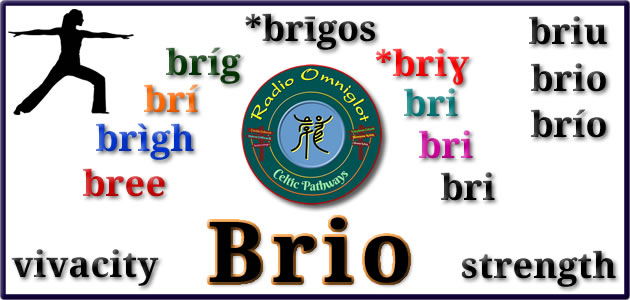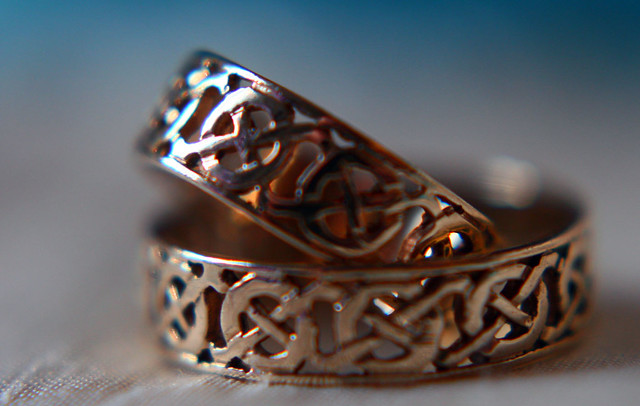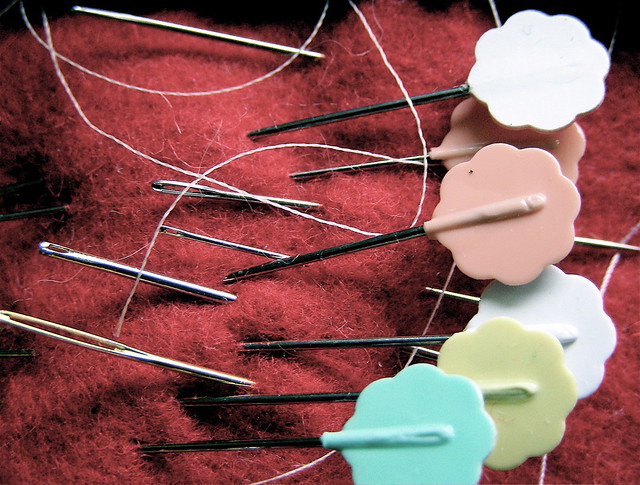Podcast: Play in new window | Download
In this episode we look into the possble Celtic roots of words for witch in some Romance languages.
The Proto-Celtic word *brixtā means spell, magical formula or incantation. It possibly comes from PIE *bʰerHǵ- (enlighten) [source].
Related words in the modern Celtic languages include:
- briocht = charm, spell, amulet in Irish
- lled(f)rith = magic, spell, charm, enchantment, apparition, spectre, phantom, illusion, delusion, fantasy, imagination in Welsh
- bre = incantation magic in Breton
Words that probably come from the same Proto-Celtic root, via the Celtiberian *bruxtia, include bruja (witch, crone, hag, owl) in Spanish, bruxa (witch, hex) in Galician, bruxa (witch) in Portuguese, and bruixa (witch) in Catalan [source].
Alternatively, bruja and similar words, might might be related to the Old Irish name Brigit [ˈbʲrʲiɣʲidʲ] (patron goddess of Druids), which comes from Proto-Celtic *Brigantī (high, elevated, an exalted person) [source].
The city of Bragança (Braganza) in northern Portugal gets its name from the same Celtic roots, as do the Welsh words brenin (king, monarch, sovereign) and braint (privilege) [source].
More about words for Magic and Spells and related things in Celtic languages.
You can find more connections between Celtic languages on the Celtiadur blog. I also write about words, etymology and other language-related topics on the Omniglot Blog.
Radio Omniglot podcasts are brought to you in association with Blubrry Podcast Hosting, a great place to host your podcasts. Get your first month free with the promo code omniglot.












